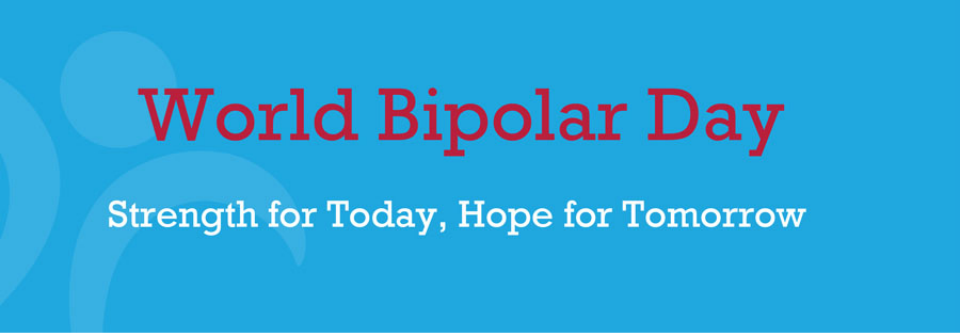- March 30, 2024
World Bipolar Day: Understanding and Addressing Bipolar Disorder

On March 30th each year, the world comes together to commemorate World Bipolar Day, coinciding with the birthday of the famed artist Vincent Van Gogh, who posthumously was diagnosed with bipolar disorder. This day serves as a reminder of the importance of global awareness and the need to eliminate social stigma surrounding bipolar disorders.
The vision of World Bipolar Day is clear: to shed light on bipolar disorders and to foster understanding and sensitivity towards those affected by this condition. Through international collaboration and dissemination of information, the aim is to educate the global population about bipolar disorders, ultimately working towards a world where individuals with bipolar disorder are supported and understood.
Bipolar disorder is a chronic mental health condition primarily impacting mood regulation. Individuals with bipolar disorder may experience extreme fluctuations in mood, cycling between episodes of mania and depression. These mood shifts can have profound effects on various aspects of life, including work, school, and relationships.
Manic episodes are characterized by heightened energy levels, impulsivity, and agitation, while depressive episodes may involve feelings of worthlessness, low self-esteem, and even suicidal thoughts. Additionally, psychotic symptoms, such as hallucinations or delusions, can occur in some cases.
It’s essential to recognize that bipolar disorder manifests in different forms, and its exact causes remain unclear. While genetics and environmental factors are believed to play a role, no single gene has been identified as the sole cause of bipolar disorder. Family history can increase the likelihood of developing the condition, with a higher risk if a close relative also has bipolar disorder.
Diagnosing bipolar disorder can be challenging, often leading to misdiagnosis or delayed diagnosis. Symptoms may be mistaken for other mental health conditions, such as depression, before a correct diagnosis is made. However, with awareness and understanding, individuals can receive appropriate treatment and support.
Treatment for bipolar disorder typically involves a combination of medication and psychotherapy. While there is no cure, management strategies can help individuals lead fulfilling lives despite the challenges posed by the condition.
World Bipolar Day serves as a reminder that with education, empathy, and support, individuals living with bipolar disorder can thrive in their communities. By working together to destigmatize mental illness and promote understanding, we can create a more inclusive and supportive society for all.

